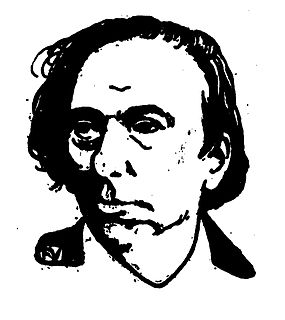A Quote by Plutarch
He who busies himself in mean occupations, produces in the very pains he takes about things of little or no use, an evidence against himself of his negligence and indisposition to what is really good
Related Quotes
When an archer desires to shoot his arrows successfully, he first takes great pains over his posture and aligns himself accurately with his mark. It should be the same for you who are about to shoot the head of the wicked devil. Let us be concerned first for the good order of sensations and then for the good posture of inner thoughts.'
Good work is no done by "humble" men. It is one of the first duties of a professor, for example, in any subject, to exaggerate a little both the importance of his subject and his own importance in it. A man who is always asking "Is what I do worth while?" and "Am I the right person to do it?" will always be ineffective himself and a discouragement to others. He must shut his eyes a little and think a little more of his subject and himself than they deserve. This is not too difficult: it is harder not to make his subject and himself ridiculous by shutting his eyes too tightly.
How does one chip off the marble that doesn't belong? ... That comes about through five things: humility, reverence, inspiration, deep purpose, and joy. No great man has ever wise-cracked his way to greatness. Until one learns to lose one's self he cannot find himself. No one can multiply himself by himself. He must first divide himself and give himself to the service of all, thus placing himself within all others through acts of thoughtfulness and service.







































